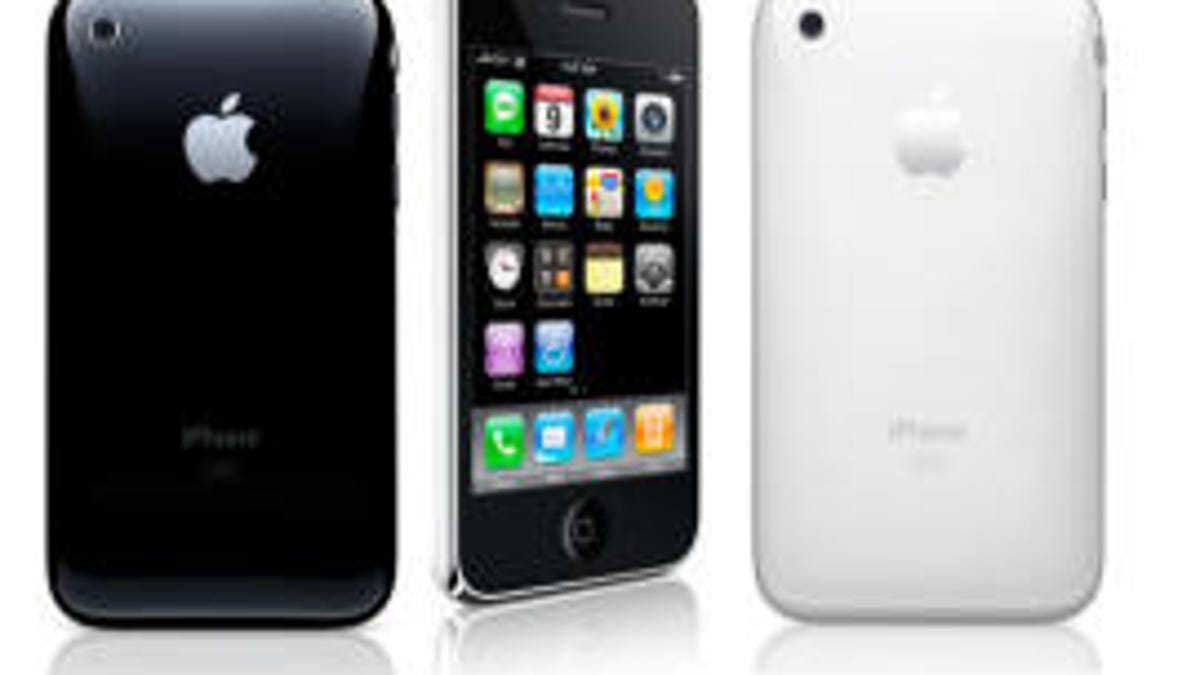Apple sued over iPhone 3G reception issues
Alabama woman seeks class action status in lawsuit that charges Apple's iPhone 3G network is slower than advertised.

An Alabama woman has filed a lawsuit against Apple, claiming the iPhone 3G's network is slower than advertised.
In a 10-page complaint filed Tuesday in the U.S. District Court for Northern Alabama, Birmingham resident Jessica Alena Smith charged Apple with breach of express and implied warranty and with unjust enrichment. Smith, who refers to the phone she purchased throughout the complaint as "Defective iPhone 3G," is seeking class action status.
The lawsuit claims that Apple's iPhone 3G advertising campaign is misleading.
"Defendant intended for customers to believe its statements and representations about the Defective iPhone 3Gs, and to trust that the device was 'twice as fast at half the price'," the lawsuit states.
The charges in the lawsuit mirror widespread complaints about the iPhone 3G's reception that have crisscrossed the Internet since Apple and AT&T released the successor to the original iPhone on July 11. Affected owners have said the iPhone 3G will switch between 3G networks and EDGE networks even when the device is sitting still and that they will lose reception in the middle of a call while in a 3G-rich environment.
"Immediately after purchase, plaintiff soon noticed that her Internet connection, receipt and sending of e-mail, text messages and other data transfers were slower than expected and advertised," the lawsuit states.
After weeks of silence regarding the complaints, Apple finally acknowledged earlier this week that reception issues existed. An Apple representative told the Associated Press that the iPhone OS 2.0.2 software update, released Monday, is designed to provide "improved communication with 3G networks."
But Monday's update was labeled with the briefest of descriptions--"bug fixes"--making it difficult to know exactly what was addressed with the update.
The suit asks that Apple be ordered to repair or replace all defective devices and pay unspecified damages, interest, and attorney fees.
Apple representatives did not immediately respond to requests for comment.

